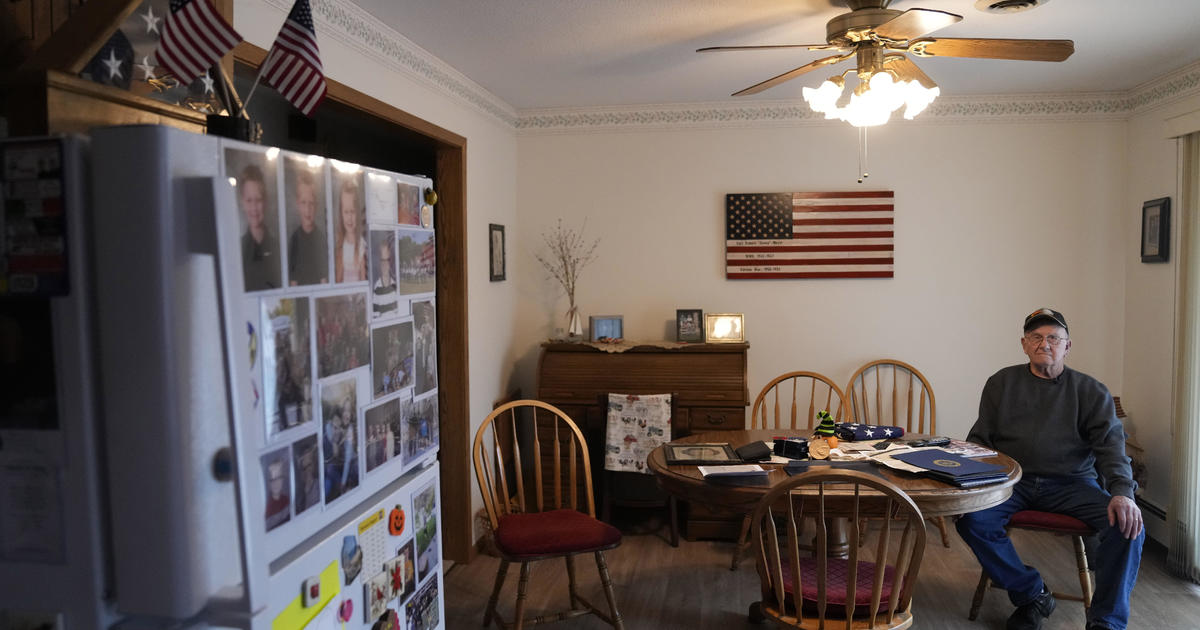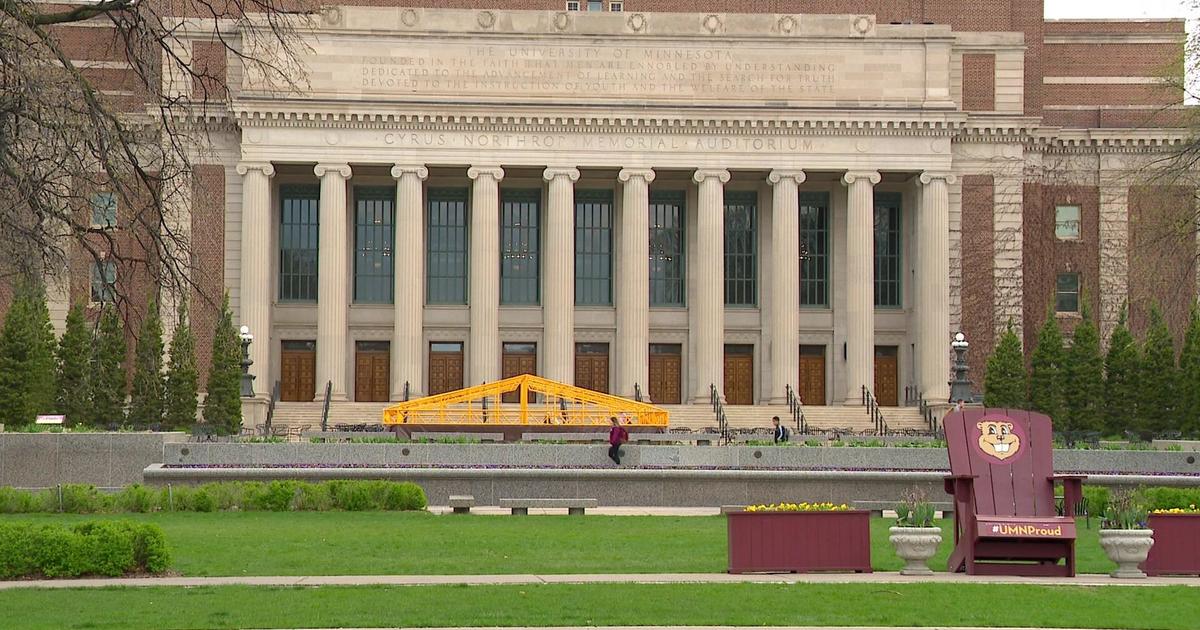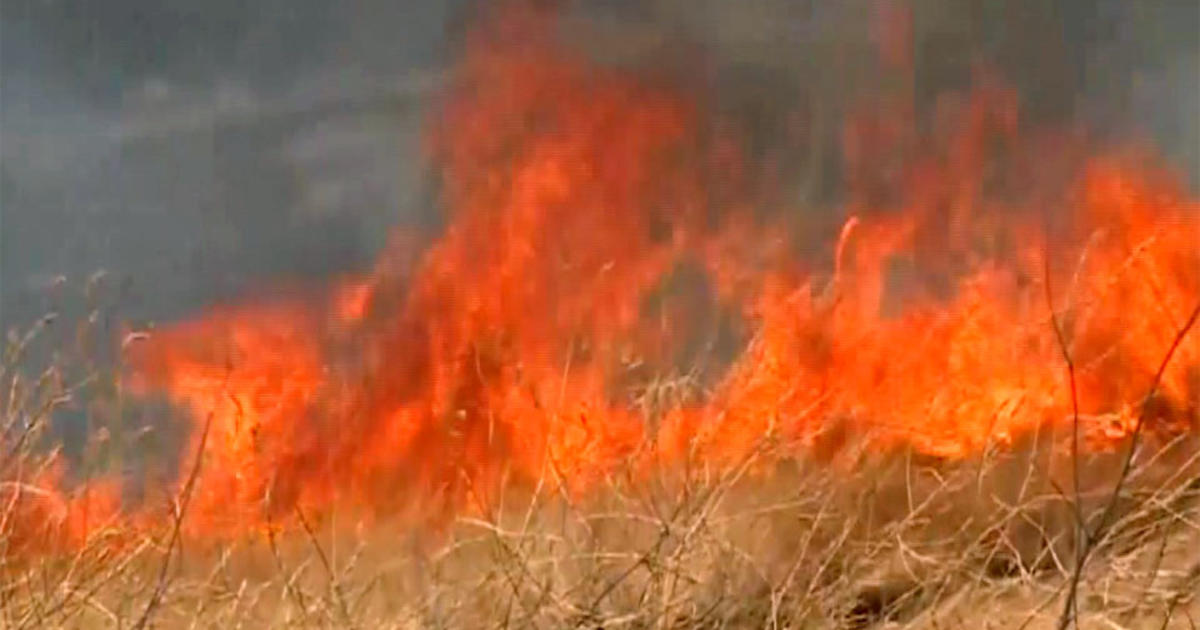Good Question: What Is A Grand Jury?
MINNEAPOLIS (WCCO) -- On Wednesday morning, prosecutors in St. Louis presented evidence to a grand jury in the case of Ferguson police officer who shot and killed 18-year-old Michael Brown. It could be weeks before the grand jurors decide whether officer Darren Wilson will go to trial.
Generally, we don't hear much about grand juries, because they're cloaked in secrecy. Minnesota state laws stipulates jurors "must keep secret whatever that juror or any other juror has said during deliberations and how that juror or any other juror voted."
So why do we have grand juries?
"The idea behind a grand jury is that it's a check," said Derik Fettig, who teaches a criminal law clinic at the University of Minnesota Law School. "It's meant to serve as a check on a prosecutor who might seem too aggressive."
In Minnesota, any felony that carries a sentence of life in prison or when police officer shoots someone, a grand jury is empaneled. There are no judges and no defense attorneys, just a prosecutor, the jury, a court reporter and witnesses when they are testifying.
Unlike a jury trial, prosecutors don't have to prove someone committed a crime beyond a reasonable doubt.
"It's a lower standard," Fettig said. "The grand jury is simply determining is there is probable cause. Probable cause has been described as a fair probability, more or less."
Grand juries have between 16 and 23 people in Minnesota. In Missouri, where the Brown case is being presented, 12 people sit on the grand jury. Grand juries are called by mail like traditional juries, but there is no selection process because the defense is not included in the grand jury process.
"Unless you have some hardship, you are expected to serve," Fettig said. "A part of that is you do not need a unanimous grand jury, so you could have someone who has a bias."
People serve on grand juries for several months and hear a number of cases. In Hennepin County, they meet every Thursday at 8:45 a.m. Grand jurors generally serve between one-half and two days a week.
By law, everything about the grand jury is secret. The Supreme Court has said the secrecy encourages reluctant witnesses to talk, protects people implicated in the case who might never be indicted and prevents those being investigated with interfering with the case.
"It's been secret from the beginning, and there's never been a move to change that," Fettig said.



